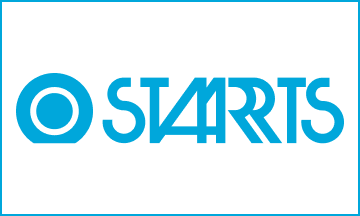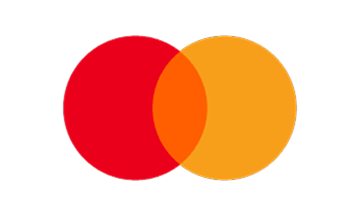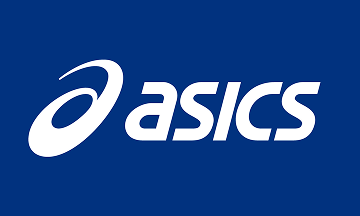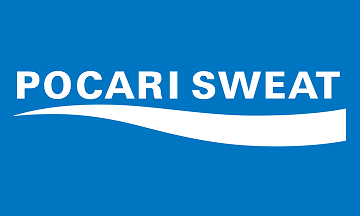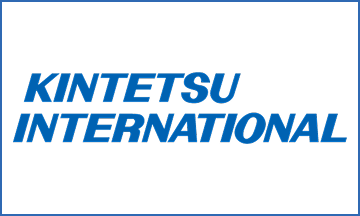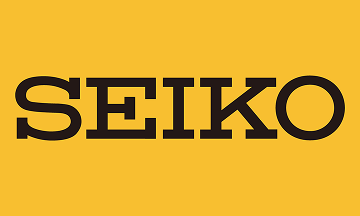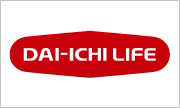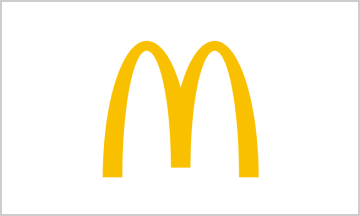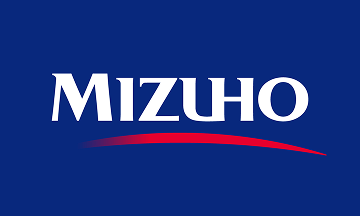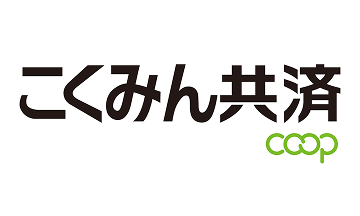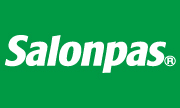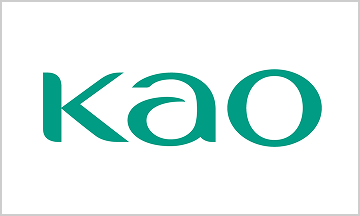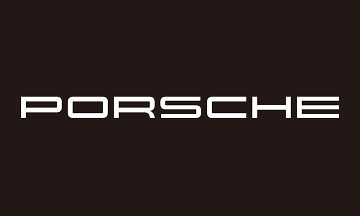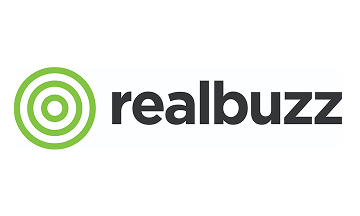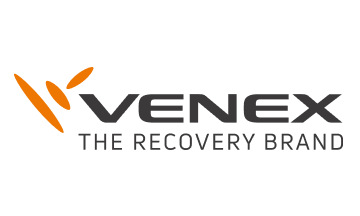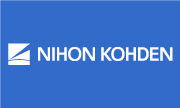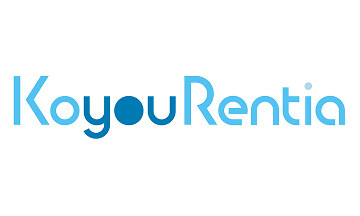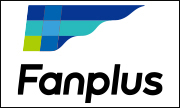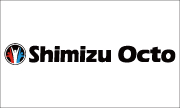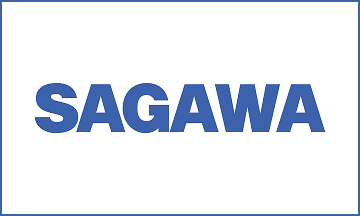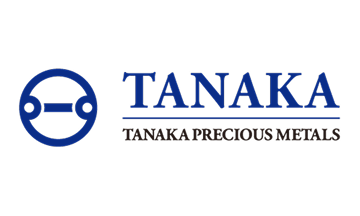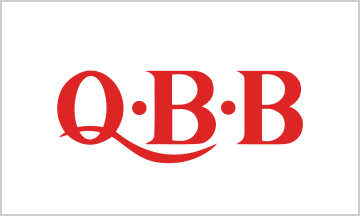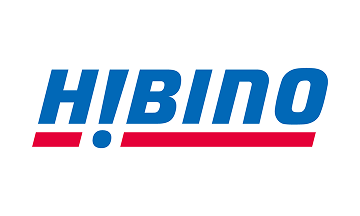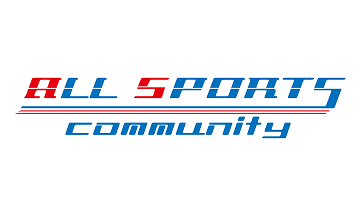- JP
EN
days
General Information
Information about the Tokyo Marathon 2026 for anyone involved.
- Sustainable Projects through
- Diversity Initiatives
Sustainable Projects through Tokyo Marathon 2026
In an effort to achieve the Sustainable Development Goals (SDGs) the wider international community has set out to pursue, the Tokyo Marathon Foundation has been launching various sustainability initiatives. We have been focusing on “waste reduction,” “environmental conservation,” and “diversity, equity & inclusion” through our own initiatives and with our official partners. We recognize that the Tokyo Marathon is a mass event that provides an opportunity to promote and raise awareness, and deliver impact.
With our aim to create a sustainable society through running and sports, we ask the understanding and cooperation of all those involved in the event to play a part in these goals.
Initiatives to promote recycling of PET bottles used during the race (Bottle to Bottle horizontal recycling)

In collaboration with our official partner Otsuka Pharmaceutical, we will separate and collect the plastic bottles provided for runners at each aid station. The collected plastic bottles will be processed and turned into raw materials for recycled plastic bottles, which will then be reused as beverage containers by Otsuka Pharmaceutical and other beverage manufacturers.
*What is Bottle to Bottle | Environment | National Soft Drink Federation (j-sda.or.jp)
Recycling of aid station paper cups

We will work with our official partner Otsuka Pharmaceutical to recycle paper cups. Runners will drink from the cups provided at aid stations and then place them in dedicated collection boxes. The collected paper cups will be processed as recycled paper to be used again as toilet paper.
Using electric vehicles along the course

In collaboration with the Tokyo Metropolitan Government's Zero Emission Vehicle promotion initiative, clean electric vehicles, such as Porsche Taycan, will be used as part of the support fleet for event operations. This effort aims to reduce CO2 emissions, providing a cleaner environment for athletes, and contributing to sustainability.
Promoting the use of environmentally friendly materials
Produce gear for volunteers using recycled materials
We will produce knapsacks to be handed out as personal luggage containers during volunteer activities, using recycled marine debris.
Promotion of Reuse
Promotion of Reuse of Volunteer Apparel
We will encourage volunteers to reuse this year's gear at next year's event and beyond.
Discontinuation of safety pin provision with runner's bib number packet
Installation of clothing collection boxes
Unwanted clothing and winter wear is collected around the start area for chemical recycling, thermal recycling, and reuse recycling.
Reuse of course tape
We will reuse course tape where possible.
Upcycling of Tokyo Marathon flags
Upcycling of Tokyo Marathon flags
Flags produced for the Tokyo Marathon 2026 will be made into bags and other items and sold. In support of employment for the disabled, sewing work will be outsourced to facilities that employ people with disabilities, with a portion of bags and other items sales proceeds donated to the Tokyo Goodwill Bank (Tokyo Council of Social Welfare).
Reduction in production materials, etc.
Digitization of Tokyo Marathon 2026 official program
This time the Foundation has launched a “Sustainability Website” to clearly introduce the Foundation’s mission and initiatives.
Please take a look at the website.
Click here for the Sustainability Website.



